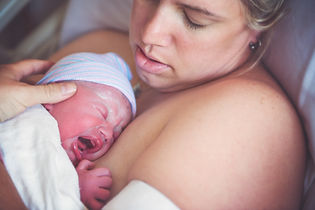
(888) 487-2154
Office Hours from 9am - 9pm EST
info@consumerlegalrequest.com
New York, NY
Serving Justice Through Your Courage
Was Your Child Diagnosed with Necrotizing Enterocolitis (NEC)
After Being Fed with Cow's Milk Formula?
Has Your Baby Had These Symptoms or Illnesses While on Formula?
-
Intestinal Perforation
-
Scarring or Strictures in the Intestines
-
Sepsis
-
Cerebral Palsy
-
Neurological Damage
-
Surgery
-
Death

What is Necrotizing enterocolitis (NEC)?
Necrotizing enterocolitis, or NEC, is a serious disease that primarily affects the intestines of premature infants.
It typically happens within the first 2 weeks of life in babies who are fed baby formula instead of breast milk.
With this condition bacteria invade the wall of the intestine and inflammation sets in.
This can create a crack or gap that allows harmful germs to leak into their abdomen. If not diagnosed early and treated, it can lead to serious infection and death.
Class action lawsuits seeking redress from formula manufacturers for the families affected by NEC are currently underway.
Who is At Risk?
Fortunately, NEC is rare. It affects just one in 2,000 to 4,000 births. It can happen in any newborn baby, but it’s most common in premature babies who weigh less than 3.25 lbs. Others who may be at risk include:
-
High-risk or premature babies who are fed formula by mouth or tube
-
Those who had a difficult delivery or have lowered oxygen levels
-
Infants who have too many red blood cells in circulation
-
Babies with existing gastrointestinal infections
-
Seriously ill infants and those who’ve received a blood transfusion

